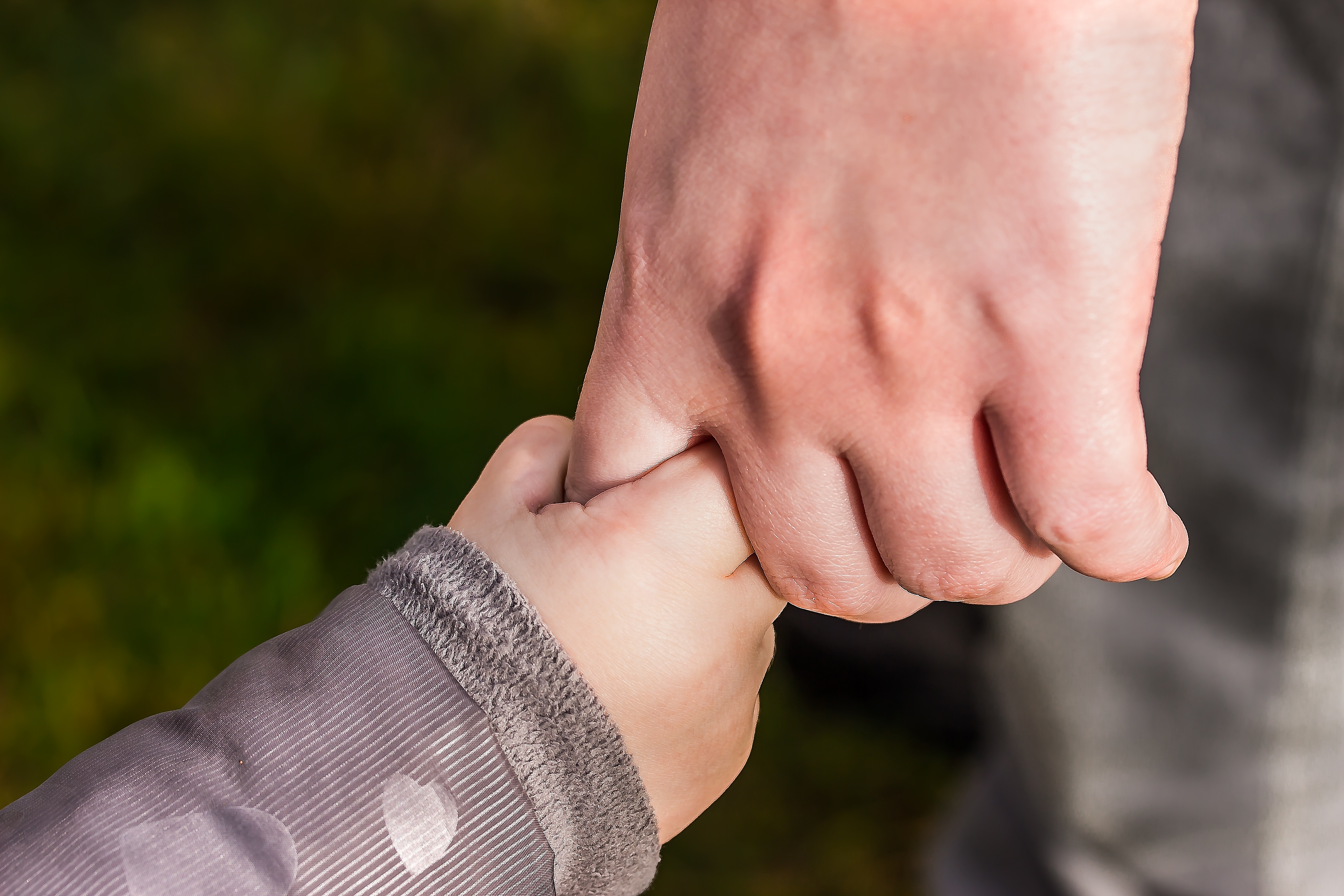Cafcass – What Role Do They Have In Children Act Proceedings?

Cafcass may become involved in your case if you are involved in a child care dispute, or if there are concerns over the welfare of your child.
What is Cafcass?
Cafcass stands for Children and Family Court Advisory and Support Service. The organisation represents children within family proceedings in England. Cafcass is independent of the Courts and Social Services, and can be directed by the Court to undertake initial and if required, further in-depth investigations when an application is issued involving a child.
What does Cafcass do?
When the Court receives an application for Children Act proceedings, Cafcass will be asked to prepare a Safeguarding Report. The Cafcass officer will arrange to speak to both parties (usually the parents), and any other relevant third parties to understand why an application has been issued, what the disputes are and if any welfare concerns are being raised.
Safeguarding checks will be carried out with the Police and Local Authority to find out whether there are any known safety or welfare risks to the child involved.
Cafcass will then prepare an initial report highlighting any safeguarding issues, and provide suitable recommendations to the Court as to their proposed next steps. This could involve, but is not limited to, the following:
- The parents are to attend a SPIP (Separated Parenting Information Programme)
- Interim contact – whether this be indirect or direct and how frequently
- Expert evidence to be obtained (such as police disclosure or GP records)
- Section 7 report to be undertaken
Get in touch with our experts today for free, no obligation legal advice
Get in touch with our experts today for free, no obligation legal advice
What happens if there are welfare concerns?
If there are welfare concerns about the child, the Court may order Cafcass to prepare a Section 7 report. The author of the report will have to undertake investigations, including speaking to the parties (usually the parents), the child’s school/nursery (depending upon the child’s age), GP, and any other relevant third parties, such as grandparents.
Cafcass may also talk to the child about their wishes and feelings and what they would like to happen. However, this is dependent on the child’s age and understanding. If the Cafcass officer does speak to the chid, this will be done in a neutral place, such as their school. The Cafcass officer will have to weigh up whether what the child wants is in their best interests.
The Cafcass officer will then file a report with the Court. This will outline their findings, and set out what arrangements they believe to be in the child’s best interests.
What happens if I dispute recommendations within a report?
If you dispute the contents of a report, you need to raise your concerns with the Court immediately.
You should be able to read a Cafcass report no later than three days before a hearing. If there are any factual errors, you must speak to the author of the report to ensure that these mistakes are brought to the Court’s attention. Otherwise, it could impact the final decision.
Speak to our team of Child Law Solicitors
Are you involved in a child care dispute? Or are there welfare concerns regarding a child in your family? Our specialist family team are here to help you. Call us today for a free no-obligation initial appointment.
Get in touch with our experts today for free, no obligation legal advice


